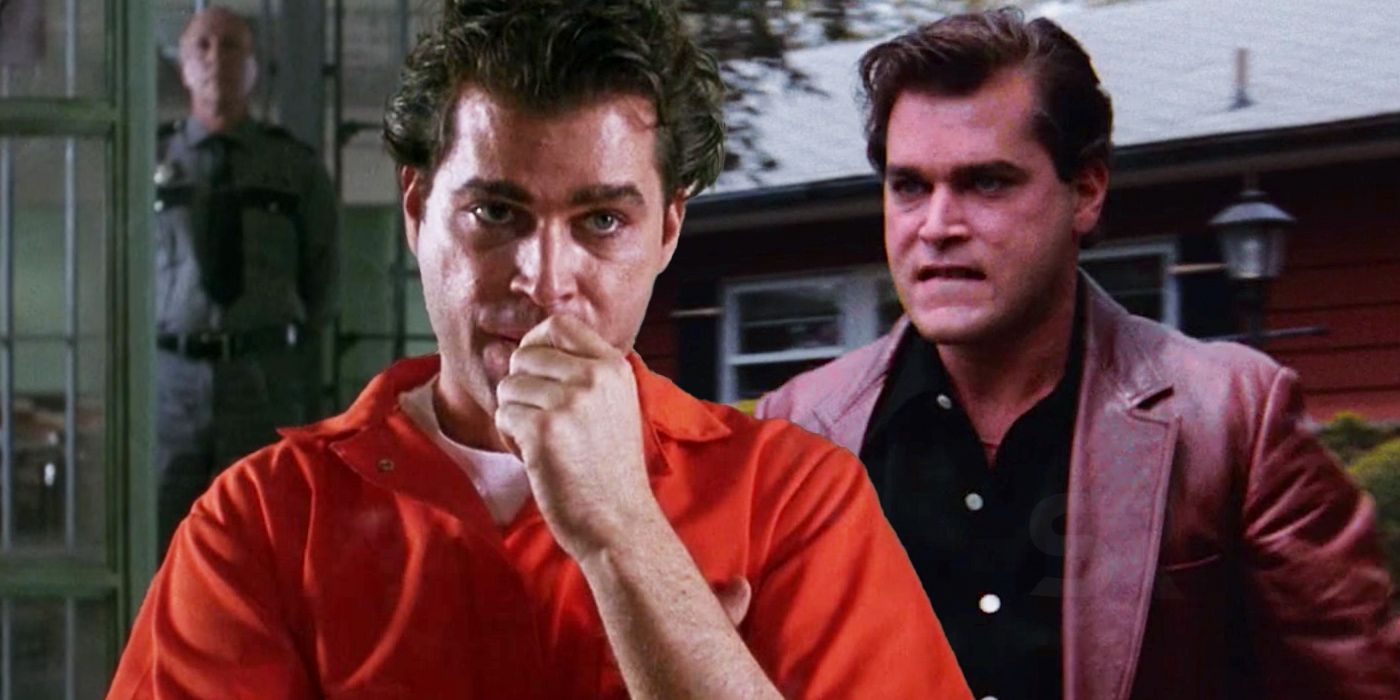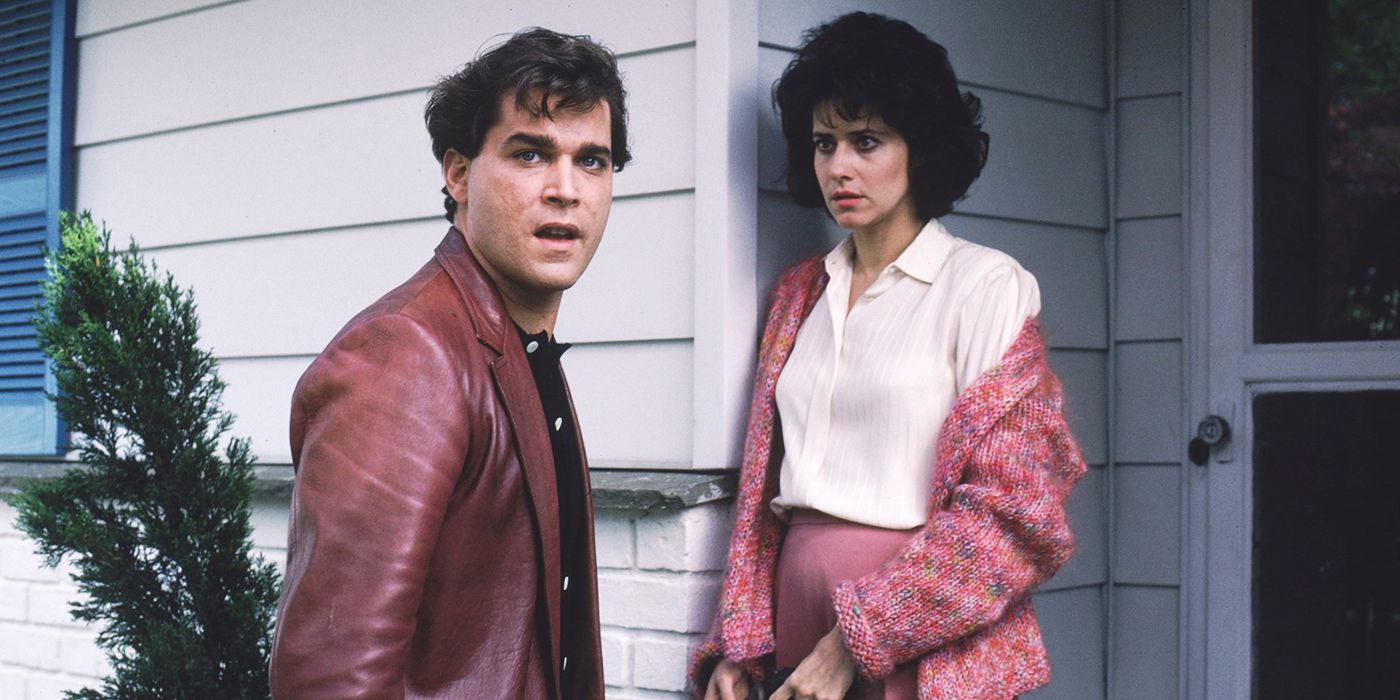
Goodfellas has some outstanding performances, among those that of its lead, Ray Liotta, who used a personal tragedy to channel the anger required to play Henry Hill. Throughout his career as a filmmaker, Martin Scorsese has brought a variety of stories that cover different genres, and while he has succeeded in most, he continues to be best known for his gangster movies. Out of all his movies centered on the mob, the one that continues to be considered as his best is Goodfellas, released in 1990 and based on the book Wiseguy by Nicholas Pileggi.
Goodfellas chronicles the life of Henry Hill (Ray Liotta), from his days as a teenager fascinated by the mafia presence in his neighborhood and running errands for Paul Cicero (Paul Sorvino) and his crew, to his full involvement with the Lucchese crime family and his decision to become an FBI informant years later. Goodfellas was a success with critics and viewers and won various awards, with most praise going towards the story and the performances of the cast. Joe Pesci famously won an Academy Award for his performance as Tommy DeVito, but Ray Liotta also deserves praise, especially after what he did to channel the anger needed for the character.
Although Tommy and Jimmy Conway (Robert De Niro) were the most violent characters in Goodfellas, there were times where Henry’s anger got the best of him and he reacted quite violently. One of the biggest examples of this is the scene where Henry goes up to Karen’s (Lorraine Bracco) neighbor, Bruce (Mark Evan Jacobs), who had assaulted and pushed her out of the car earlier that day. Henry tells Karen to go to her house while he pistol-whips Bruce and threatens him in front of two other guys. Of course, this scene required Liotta to channel a lot of anger, and he got to that through a personal tragedy, as his mom was very sick while he filmed Goodfellas.

Speaking to GQ in 2010, Ileana Douglas (who played Rosie and was Scorsese’s partner at the time) shared that Liotta was “on the fast track to becoming a movie star” but that “real-life insecurities and family things” he was going through were “playing out in real-time on-camera”, and Scorsese used that to his advantage. Liotta confirmed he was going through a very tough moment while filming Goodfellas and he was dealing with real anger, as his mother had cancer, and “there was a lot of anger about her being sick”. Joseph Reidy, first assistant director, brought up the above-mentioned moment between Henry and Bruce, with Liotta explaining that he “might have gotten a phone call about his mom” and was “wound up”, so all that anger and intensity in how he hit Bruce was completely real. Jacobs added that Liotta was “boiling with rage”, and even though they tried to keep the anger controlled, on one take he “got a little too close” and got hit.
Liotta also shared that in one scene where he had to lift Henry’s mistress, Janice, his back went out and couldn’t straighten up, and it was a result of the pressure of his mom’s condition. Michael Ballhaus, director of photography, added that Liotta also went above what was planned in the scene where Karen puts a gun in his face, and he even left a mark on Bracco, with second assistant director Deborah Lupard sharing that Liotta got the phone call about his mother’s death mid-filming, but he was very professional and finished working once he caught his breath again. Watching Goodfellas no one could imagine what Ray Liotta was going through during filming, and while he managed to use all those emotions in his performance, it’s still a tough and heartbreaking story.
from ScreenRant - Feed https://ift.tt/3l0ayR3

No comments: